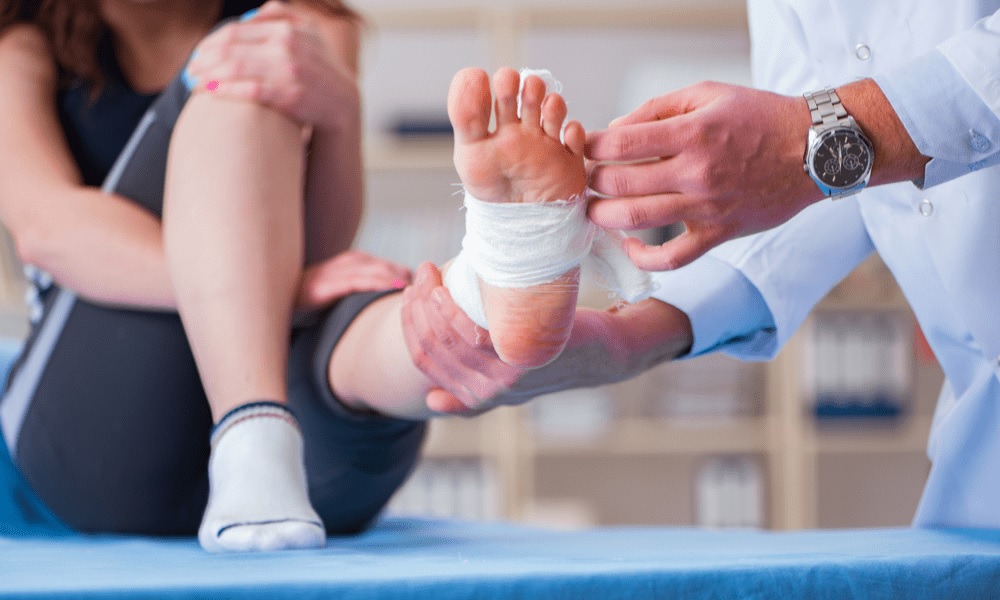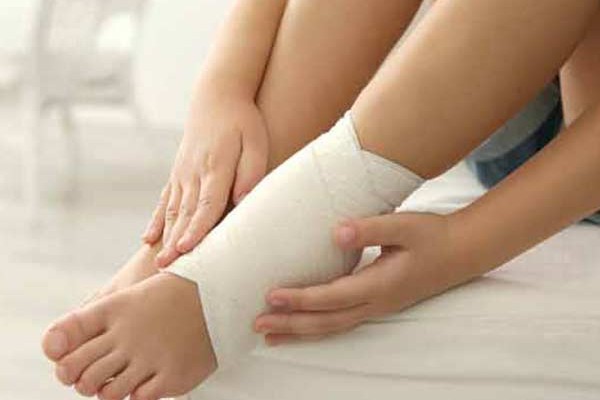Medical Malpractice and Personal Injury Law Intersection

Medical malpractice and personal injury law are two seemingly different legal fields, but they often intersect when it comes to cases involving medical negligence. Medical malpractice occurs when a healthcare provider fails to provide the necessary standard of care, resulting in harm or injury to the patient. Personal injury law, on the other hand, deals with cases where an individual is injured due to the negligence or intentional actions of another person or entity.
What is Medical Malpractice?
Medical malpractice encompasses a wide range of situations where a healthcare provider breaches the standard of care, resulting in harm to the patient. This can include misdiagnosis or failure to diagnose, surgical errors, medication errors, and birth injuries, among others. In order to prove medical malpractice, the plaintiff (injured party) must show that the healthcare provider breached the standard of care and that this breach caused their injuries. The standard of care refers to the level of care that a reasonably competent healthcare provider would provide in similar circumstances.
What is Personal Injury Law?

Personal injury law deals with cases where an individual is injured due to the negligence or intentional actions of another person or entity. This can include car accidents, slip and falls, product liability, and medical malpractice, among others. In order to prove a personal injury case, the plaintiff must show that the defendant had a duty to exercise reasonable care, breached that duty, and that this breach caused their injuries.
The Intersection of Medical Malpractice and Personal Injury Law
Medical malpractice cases often involve both medical malpractice and personal injury law. For example, if a patient is injured during surgery due to the negligence of the surgeon, they may have a medical malpractice claim against the surgeon for breaching the standard of care. However, if the injury was caused by a defective medical device used during the surgery, they may also have a product liability claim against the manufacturer of the device. In this case, both medical malpractice and personal injury law would come into play.
In addition, medical malpractice cases often involve significant damages, including medical expenses, lost wages, and pain and suffering. These damages are similar to those in personal injury cases and are often included in the plaintiff’s claim for compensation.
The Role of Expert Witnesses
Expert witnesses play a crucial role in both medical malpractice and personal injury cases. In medical malpractice cases, expert witnesses are often used to establish the standard of care and show how the defendant breached this standard. In personal injury cases, expert witnesses may be used to establish the cause of the plaintiff’s injuries and the extent of their damages. Expert witnesses must be qualified to testify in court and have the necessary knowledge and experience to provide their opinions.
The intersection of medical malpractice and personal injury law is an important area of the legal system. When medical negligence leads to injury or harm to a patient, they may have a claim against the healthcare provider for medical malpractice. However, if the negligence was caused by a defective product, the patient may also have a claim against the manufacturer for product liability. Expert witnesses play a key role in these cases, helping to establish the standard of care, the cause of the injuries, and the extent of damages.




